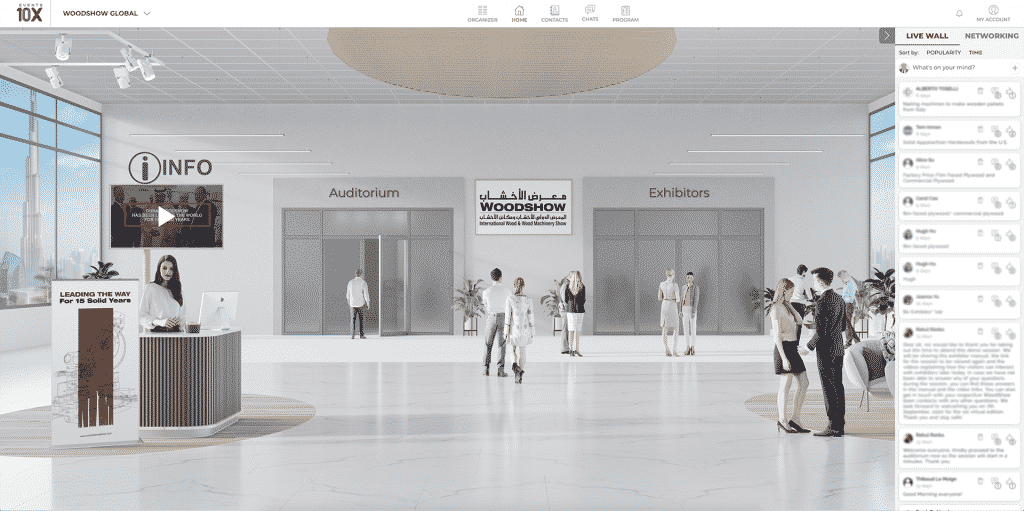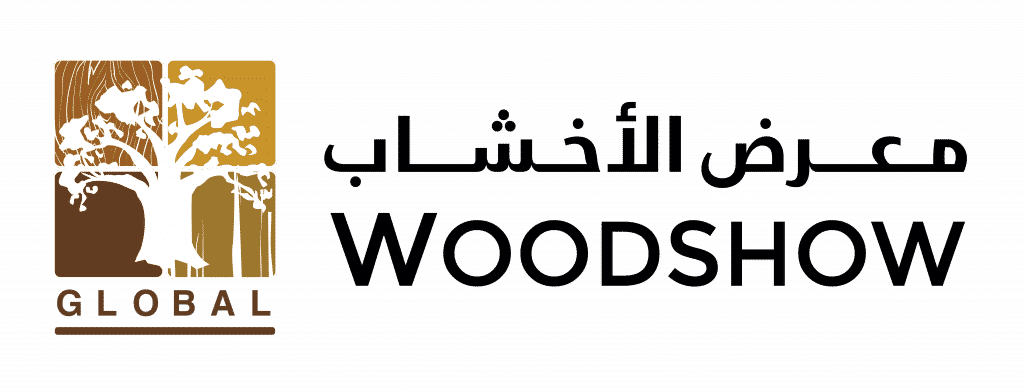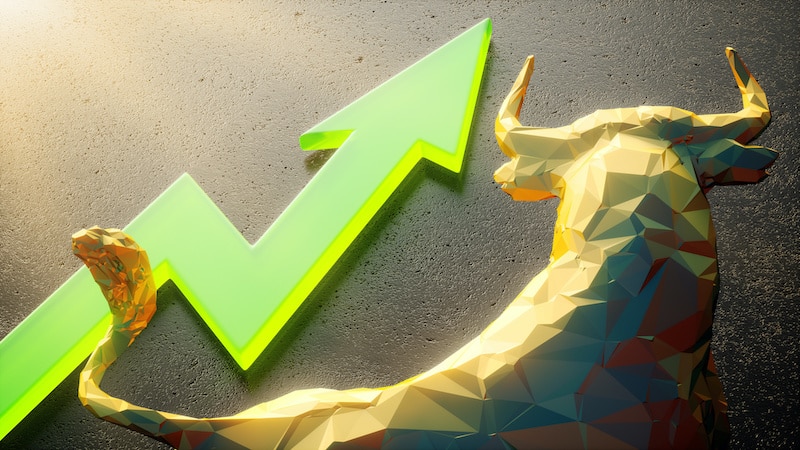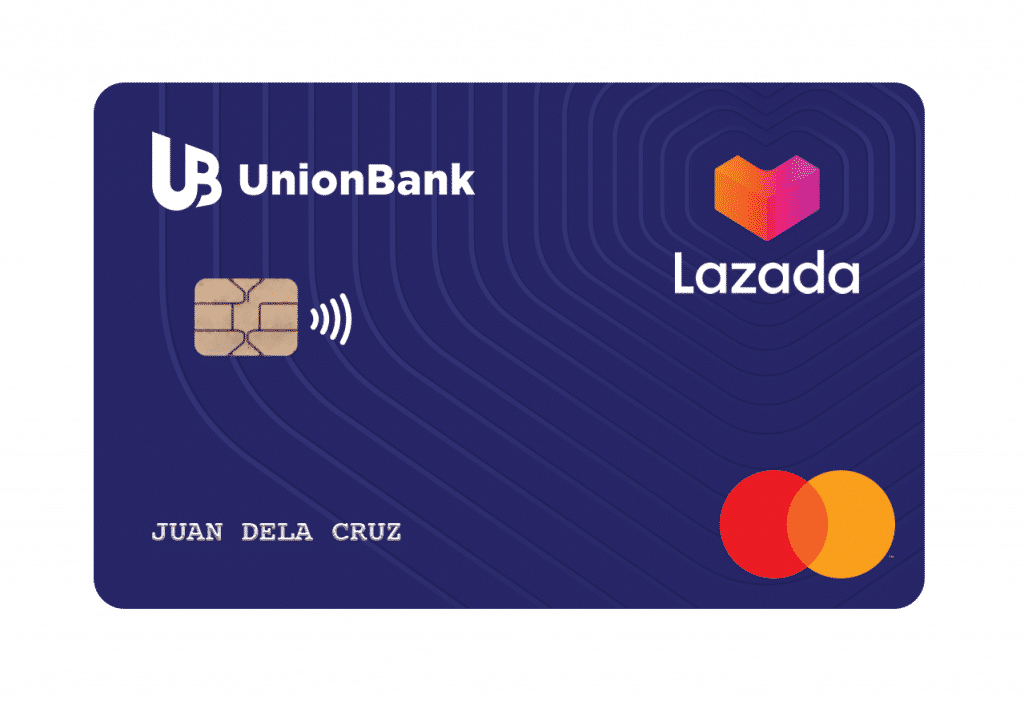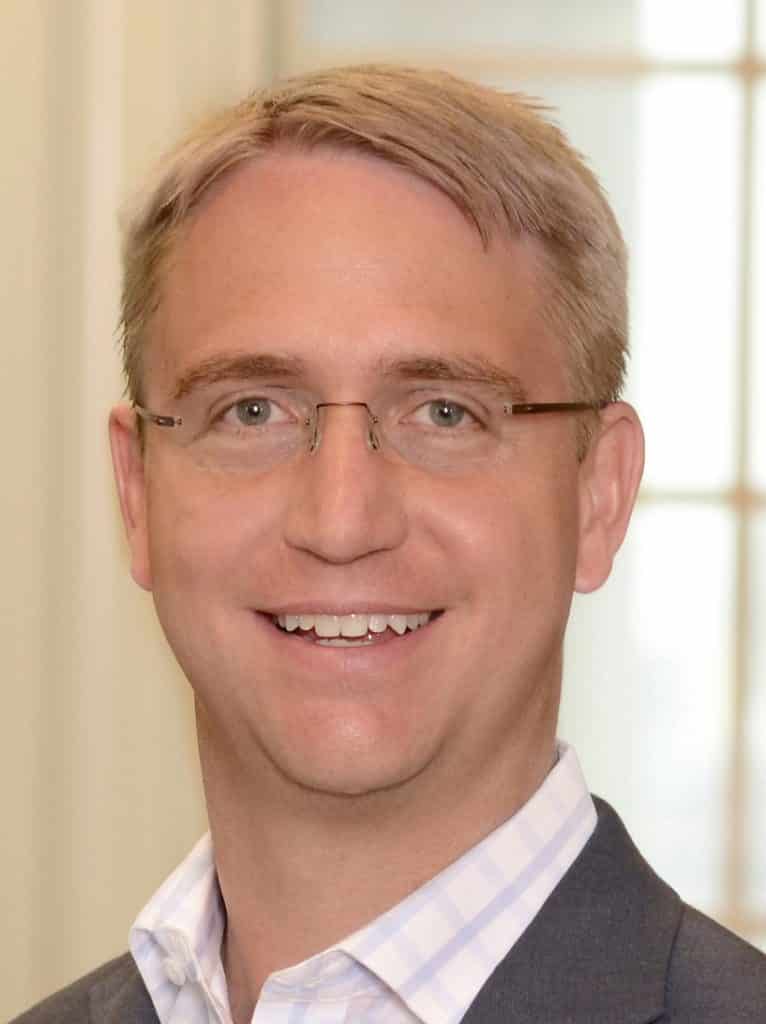Societal issues continue to get the media’s attention as many people take the fight a notch higher for a better society. But it’s all for a good cause because society starts to see good changes taking place.
As usual, investors want to be part of the change. They’re now focusing their efforts on opportunities geared towards supporting social goals. This is where social impact investing comes in.
Business is no longer all about making financial gains. It now involves environmental and social impact with its actions. Yes, investing is growing financial returns but for more noble causes such as the betterment of society.
Read this article and understand everything you need to know about global network impact investing and why it’s growing so fast. Let’s get started.
Understanding Social Impact Investing
If you’re new to this concept, it can be quite complex. Any information on the subject only gives rise to more questions. You can blame this on insufficient data available on the subject matter. There is not much information concerning impact investing and its profitability to either the investor or society.
But then, what exactly is impact investing?
Impact investing simply means unleashing the power of capital for everyone’s good. The main goal of this kind of investment is to generate positive social and environmental impact as well as make some financial returns.
Don’t get it confused with charity donations and social foundations. While both are geared towards helping society, impact investing is more of a win-win situation.
Impact investment focuses on helping society make some capital through your business. The capital would then address some challenges in society. Both the investor and society benefit in equal measures.
The funds usually go to noble causes such as renewable energy, environmental conservation, sustainable agriculture, and accessibility of basic services like education, housing, and healthcare. Anything deemed helpful to the environment and society calls for impact investing.
The Growth of Impact
The idea of investing with intentions beyond financial returns isn’t a new concept. There are many faith-based organizations working in accordance with their values of a better society. Catholic and Islamic organizations started this kind of investing a long time ago, and it looks like it’s not going anywhere.
The only thing that makes this intentional investing look like a new concept is that it has been known for a very long time as corporate social responsibility, sustainable investing, or socially responsible investing.
Companies have measured their performance not only on financial lines but also on how they perform along the lines of social, environmental, and corporate impact. The performance is more focused on these dimensions and how the company aligns with its values and social goals.
The type of investing is often referred to as a ‘double bottom line.’ The organization focuses on financial goals as well as its environmental and social impact. All these are aligned with their sustainable development goals.
A Growing Focus for Investors
While this kind of investing is still at its infancy stages, many global investors are continuously getting involved. Companies are coming up with their own impacting investing funds. It seems like something very lucrative in the business world as well as a noble course in society.
The Global Impact Investors Network (GIIN) estimates up to $228 billion in assets associated with impact investing firms. The figures show that this sector of the economy has been seeing tremendous growth over the past years.
Impact Investment Returns
As usual, no one wants to buy a dying horse. So, is impact investing really profitable? This is a question that many financial consultants have had to deal with many times. Of course, any serious investor will ask this question before making any kind of investment regardless of how noble it looks.
Some business people have subscribed to a common misconception that any double-edged business is doomed to fail. By this, they mean that any business that focuses on social impact and financial return will yield low returns.
Some researchers have strongly disputed this belief. They have proven that anything that is good for the environment and society is good for business. Others have proven the existence of a good relationship between investing in social, environmental, and governance with corporate financial performance.
There is a lot of evidence proving that impact investing is profitable to both the society and the organization.
Impact Investing Challenges
Like any other business, impact investing has its own share of challenges. It’s crucial to understand the challenges that come with any kind of investing and prepare for the risks involved.
This kind of business is also subject to the rules of the marketplace. The first challenge with impact is the difficulty in finding companies that meet the stringent requirement and still stick to the market rate of return.
Many businesses fail to meet all these two goals. The few that manage have to go extra miles to use additional resources and deal with great risks. You should trust your financial advisor to give you a better explanation of the challenges and the risks associated with social impact investing.
The Growth If Yet to Come
From the look of things, impact investing will continue to grow, and in the years to come, it will be the trend in the business world. The kind of investment has gained traction in the eyes of investors, and that’s all it needs to see success.
However, the future of this kind of business depends on the understanding that people will have on it. Everyone must learn to differentiate it from the philanthropic way of charity giving. You must understand that charity is no longer the only way to make a difference in society.
Now you have some knowledge of impact investment even though the concept is still complicated. Do you want to learn more about issues regarding investment, running a business, and managing your finances? Feel free to view our website for more educational blogs like this one.

